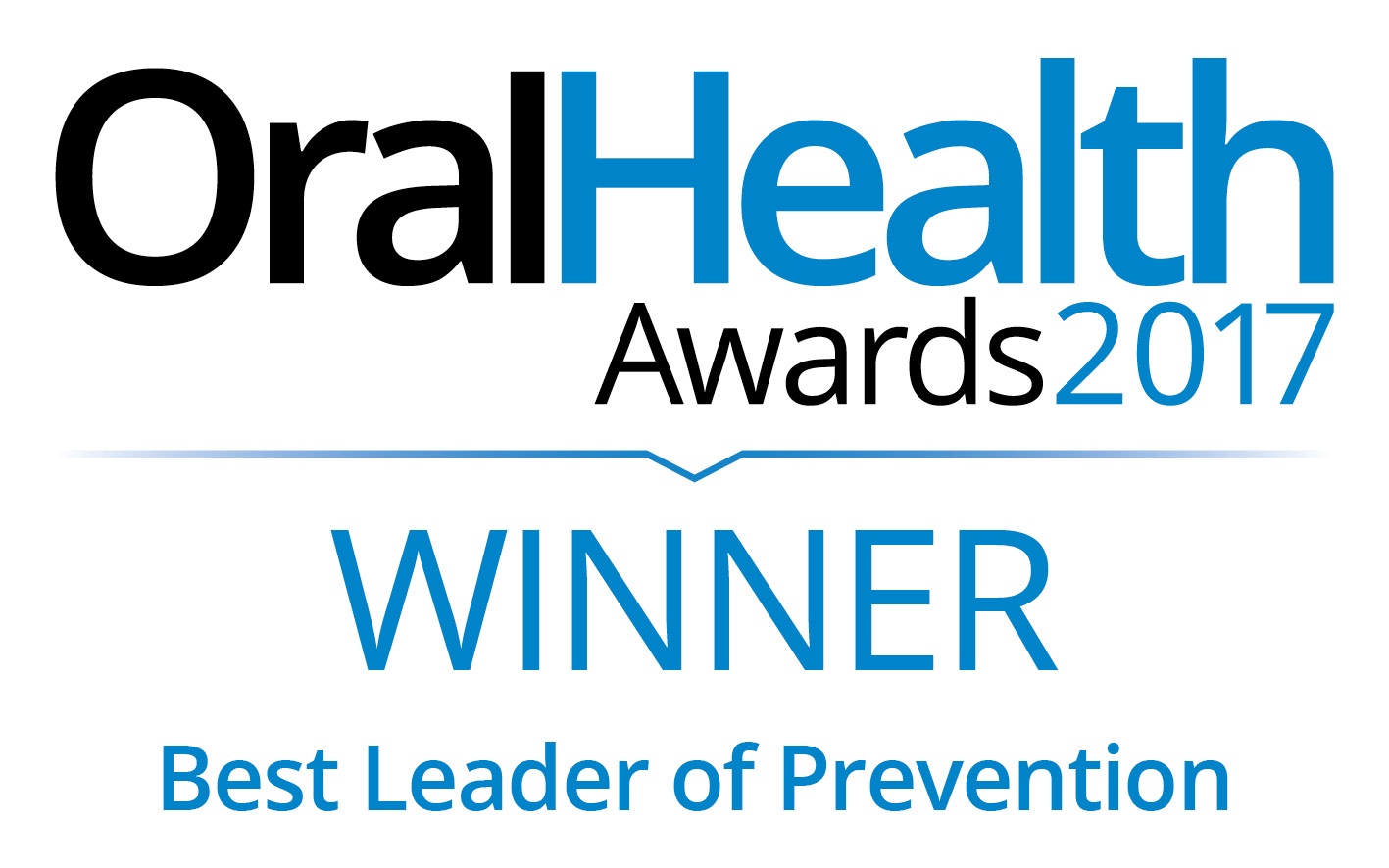
Sugars and Tooth Decay
It is widely accepted that sugar is bad for your teeth. But exactly why does your dentist always advise you to avoid sweets?

It is perhaps no secret that in the UK we consume an over-average amount of sugar.
What is perhaps not so well known are the dangers that can arise from sugar itself and the unseen ways these can affect your health.
Recent research by the Oral Health Foundation suggests that over 84% of the population consumes at least one sugar-based snack on a daily basis.
79% of these in fact will eat as much as 3 sugary snacks each day.
Of these staggering numbers only around 13% of people surveyed are taking appropriate measures to reduce their level of consumption.
An even more alarming statistic is that 1 in 3 adults in the UK has tooth decay, and whether from excess sugary foods or drinks, sugar is the primary cause.
Suggested steps to combat the dangers of sugar
Dr Nigel Carter OBE, the director of the Oral Health Foundation states that stronger regulations on sugar control should be introduced to address this growing problem.
These include:
Tighter regulations on allowed sugar content in processed foods.
Changing the way in which sugar-based products are advertised.
Expanding sugar taxes to include a wider range of sugar-based products across both food and drink categories.
The purpose of these proposed stronger measures would be to reduce the levels of sugar currently in use and to take steps towards limiting its ever presence on supermarket shelves.
Dr Carter also proposes that a reduction and change in the way that sugar is marketed would also help towards this goal, especially when combined with greater transparency about the real dangers of sugar, and its potential effects on dental and overall health.
These days, there is much greater awareness about the harmful effects of certain foods and drinks, and the hope would be that by lessening the availability of more harmful ‘non-natural’ sugars, more and more shopping baskets would be filled with healthy choices.
The sugars lurking in everyday foods
A good rule of thumb when watching out for hidden sugars is to be mindful of other words that manufacturers use to describe these ‘added’ sugars such as high-fructose corn syrup, fructose, glucose, maltose, sucrose, dextrose, brown sugar, cane sugar, honey, treacle, molasses that pervade the ingredient lists of everyday products, as well as the many fruit concentrates and purees found in juices and sauces.
Many of these might appear to be healthy and are advertised that way, but the truth is that they simply aren't and there are much better choices, such as whole fruit which still contains plenty of sugar, but the sugar is from a natural source and represents a much better choice for both dental and whole body health.
How sugar causes tooth decay
Tooth decay is created when acids from your mouth attack the enamel and/or dentine of your teeth. When not attended to this will cause cavities to form.
These acids are made from bacteria that grow within plaque, which is the sticky and thin film that is constantly forming on the teeth.
Sugar is the leading cause of this bacterial acid production, which then dissolves the protective enamel allowing bacteria to eat into the teeth and create holes.
This can then lead to tooth decay, and tooth decay can quickly lead to serious consequences such as loss of bone, loss of tooth, jaw and gum damage and the inherent dangers of an oral abscess which can be extremely serious, in rare cases even fatal.
Protecting your teeth from the detrimental effects of sugar
Sweets:
If you can't give up sweets then it's better to eat the ones that clear the mouth quickly, sweets such as lollipops and hard candies as well as artificial and chemical-laden drinks are 3 of the primary causes of the current levels of tooth decay.
Sugar at mealtimes:
Sugar is best taken as part of a bigger meal, in this way the other foods absorb some of the sugars and reduce the potential damage of acid buildup.
Chewing Gum:
Chewing gum can be a habit that is hard to break but frequent chewing of sugary gum presents a constant bombardment of acid on the teeth and gums. Consider swapping to sugarless gum which also has the added benefit of stimulating saliva production. Saliva itself contains calcium, fluoride and phosphorous which are all vital minerals that actively repair the tooth surface.
Water:
Water is a simple but supremely effective weapon in washing away potentially harmful food debris. Fluoride-based water such as we would find in our everyday tap water also aids in the remineralisation of our teeth making them stronger.
Final Words
These tips are in themselves a great start but must be combined with a strict and consistent oral hygiene regimen.
Brushing twice a day with fluoride toothpaste, as well as daily flossing and regular dentist visits all combine to set your teeth up for many happy years to come.




